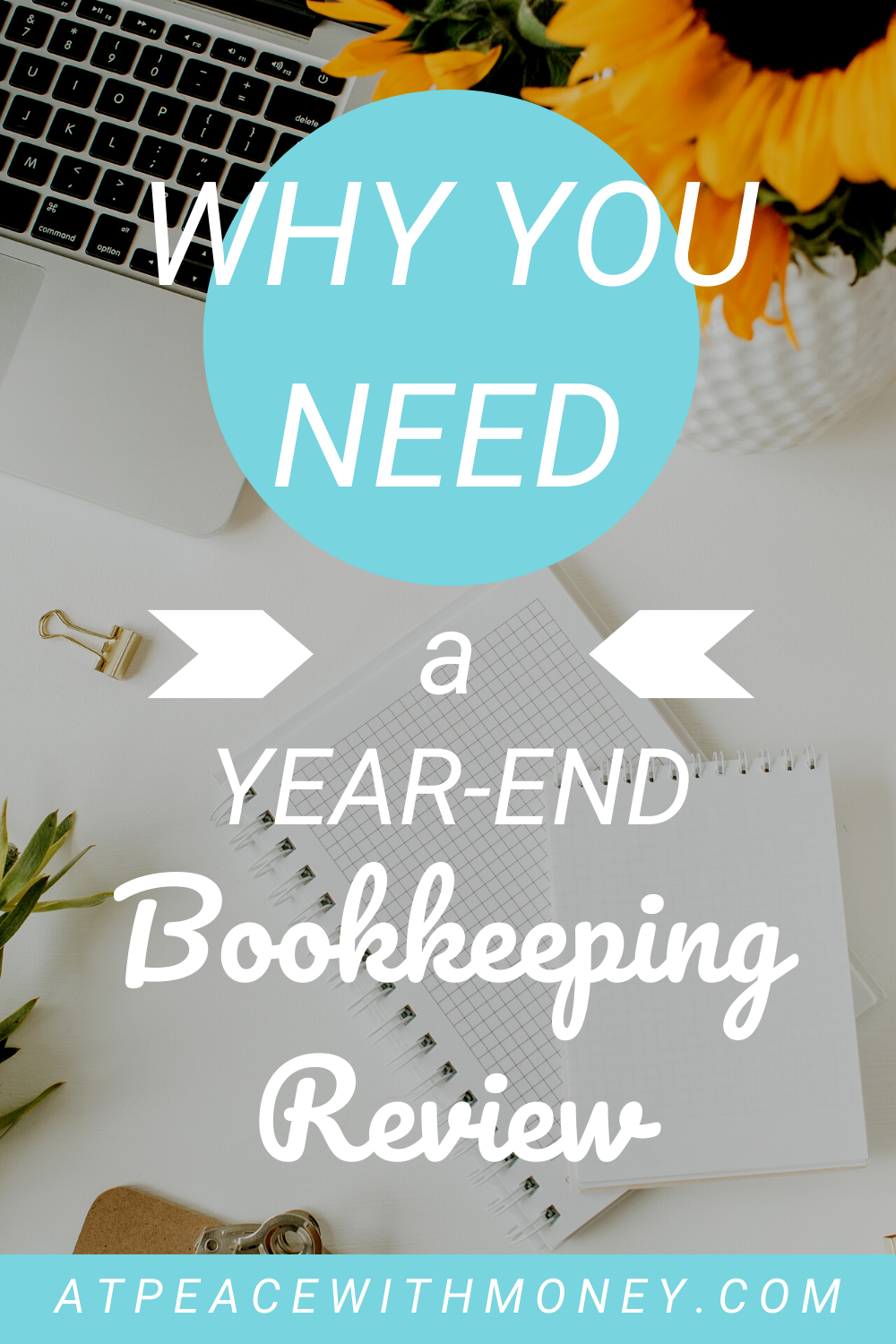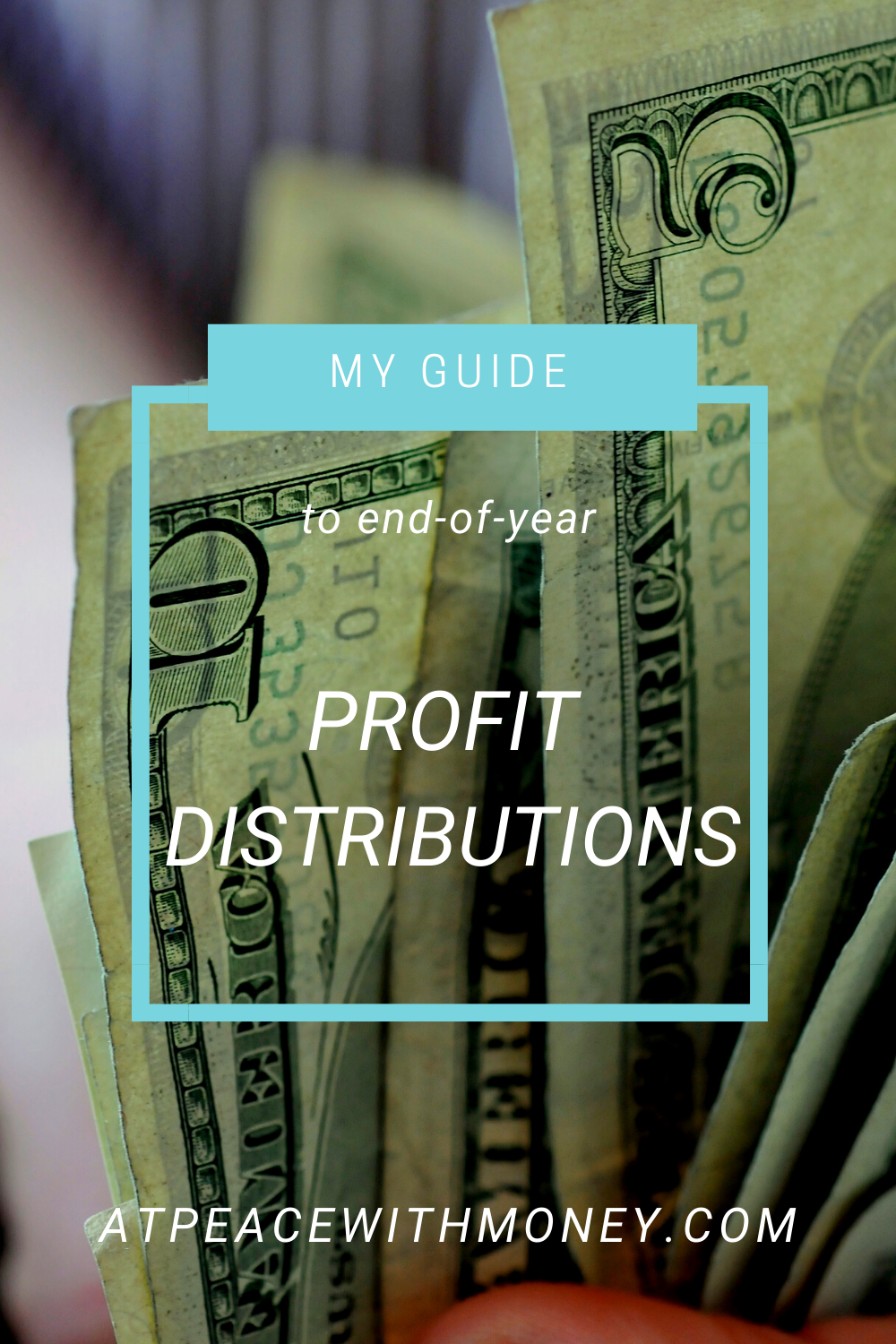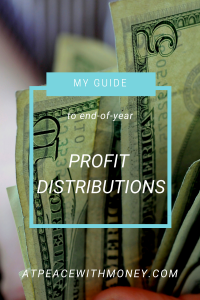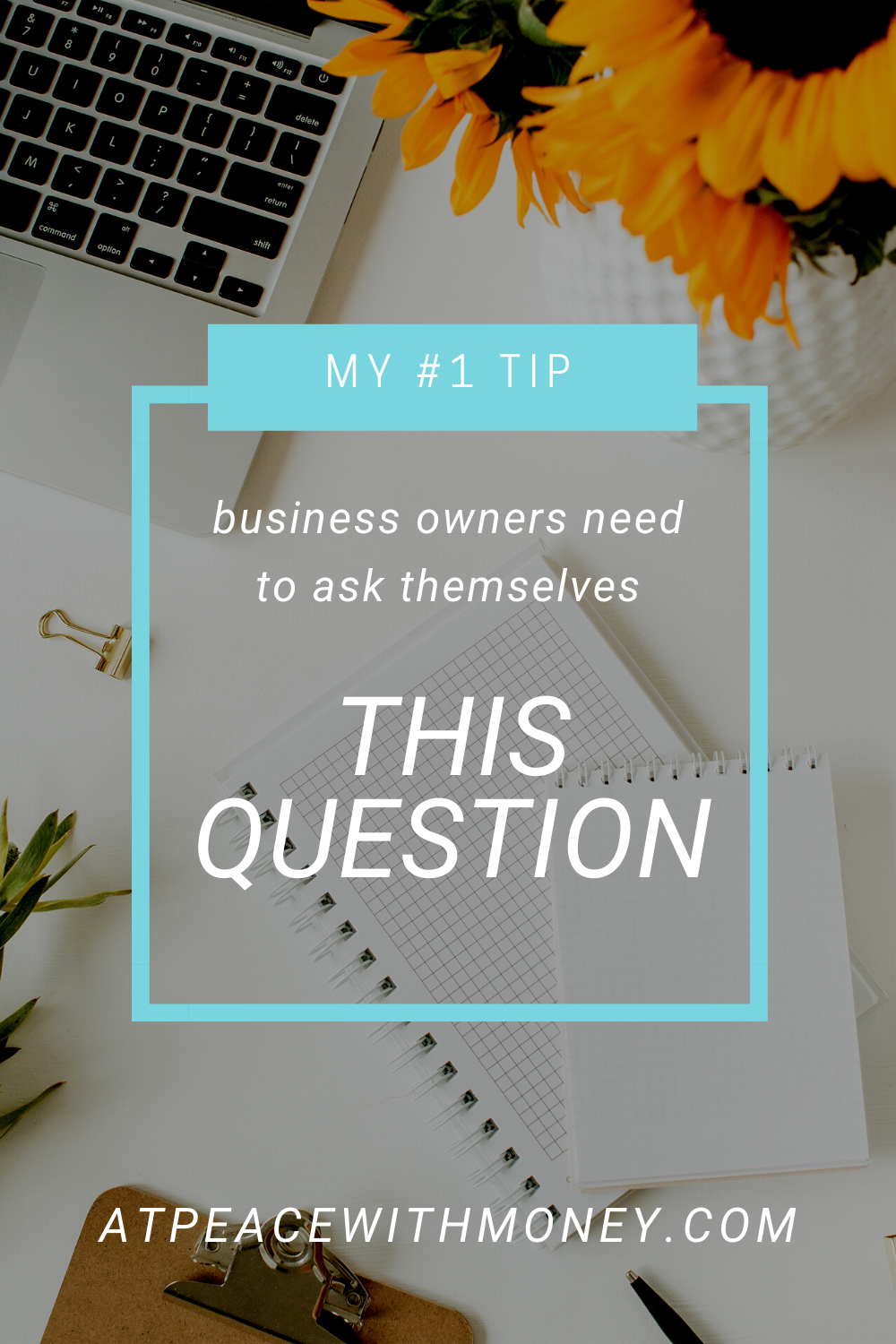Two Helpful Tax-Time Solutions to Implement Now

Planning ahead for tax season pays off. Whether you’re chugging along on this year’s taxes or all done, here are a couple tips you can apply to prep for tax time, any time of year.
Set Money Aside Ahead of Time
I’ve spoken with many business owners who’ve told me they regretted not setting aside money for taxes. Some also tell me they were initially surprised by the additional self employment tax. Clients often come to me after they’ve been hit with the tax bill. At this point, we have to pay off the tax debt and save for this year’s taxes. Doing both is tough, and can make a real financial mess for new business owners.
To solve this problem, I recommend two things. First, work with a tax preparer or bookkeeper who will help estimate a percentage to be held out for taxes. You can read more of my advice about working with a bookkeeper here. Putting money aside will help avoid that nasty surprise. This can also be a precursor to implementing the Profit First system, which is designed to keep your business prepared to pay its expenses, and pay you a fair wage.

If you want to go the extra mile, you can also read my article 5 Steps to Prepare for Tax Time. Although recovery from this type of situation needs to be thorough, it’s a chance to implement new and better systems and get your business organized.
Learn to Read Your Quickbooks Reports
Bookkeeping is essentially a simple process, but it requires attention to detail. Whether you DIY your bookkeeping or work with a professional, hours can be saved by learning to read your QuickBooks reports. This can help you double check whether you’re entering everything correctly, or whether there’s any mistakes. Sometimes when I work with clients, we have a big mess on our hands that can be traced back to a few minor errors. Reading your reports regularly helps prevent this! If you’re interested in learning more, I offer QuickBooks trainings and love helping small business owners understand their finances better.
If you enjoyed this article and would like more insights into your business finances, subscribe to my newsletter! You’ll receive my weekly blog posts along with a monthly tailored newsletter that includes relevant financial tips for small business owners.











 financial records hold this info. Work with someone willing to help you find it! For more about finding and working with a bookkeeper, check out my post
financial records hold this info. Work with someone willing to help you find it! For more about finding and working with a bookkeeper, check out my post 


 can still do a lot with your profit distribution. A couple ideas include:
can still do a lot with your profit distribution. A couple ideas include:



 we want to work with can be immensely helpful. I encourage you to spend some time thinking about your why and your current offerings, and how they’re related. Is your why reflected in what you offer? Do you feel fulfilled by offering those products or services?
we want to work with can be immensely helpful. I encourage you to spend some time thinking about your why and your current offerings, and how they’re related. Is your why reflected in what you offer? Do you feel fulfilled by offering those products or services?


 The choice is ultimately yours. Whatever sales schedule you decide to follow, you will also want to take into account your production timeline. Right about now is when many product-based businesses start beefing up their inventories. Here’s an article I wrote for product-based businesses on
The choice is ultimately yours. Whatever sales schedule you decide to follow, you will also want to take into account your production timeline. Right about now is when many product-based businesses start beefing up their inventories. Here’s an article I wrote for product-based businesses on 


 In this case, you would plan backwards from December. I highly recommend that you also plan to take some time off for the winter holidays, so factor that into your plan! If you don’t want to be working up until the 31st, start your timeline at Friday December 17th, or a similarly spacious date.
In this case, you would plan backwards from December. I highly recommend that you also plan to take some time off for the winter holidays, so factor that into your plan! If you don’t want to be working up until the 31st, start your timeline at Friday December 17th, or a similarly spacious date.











